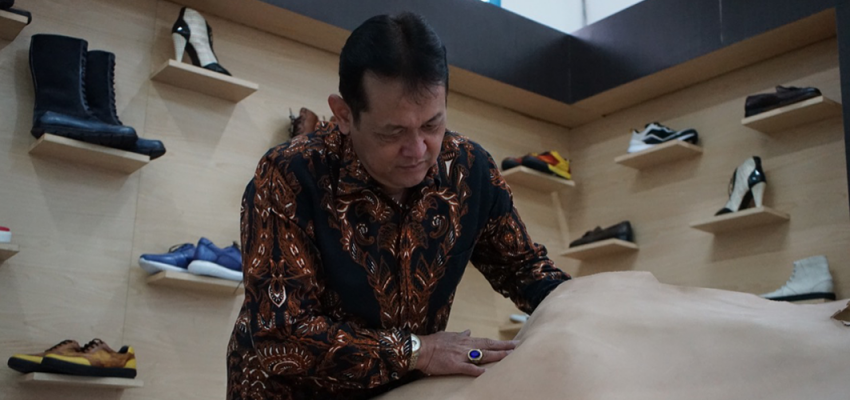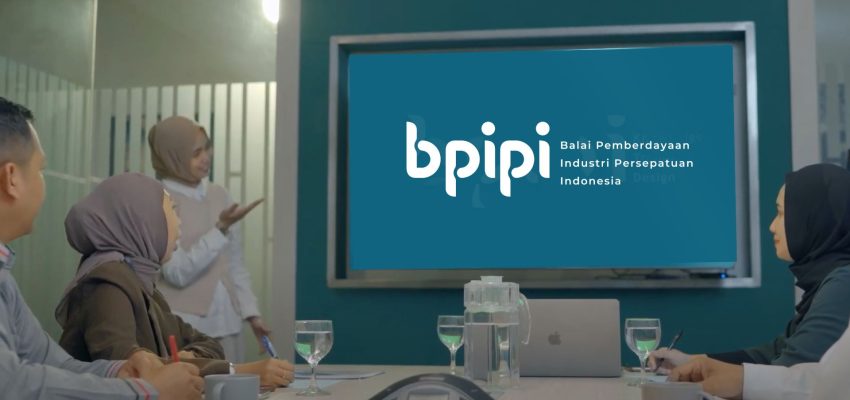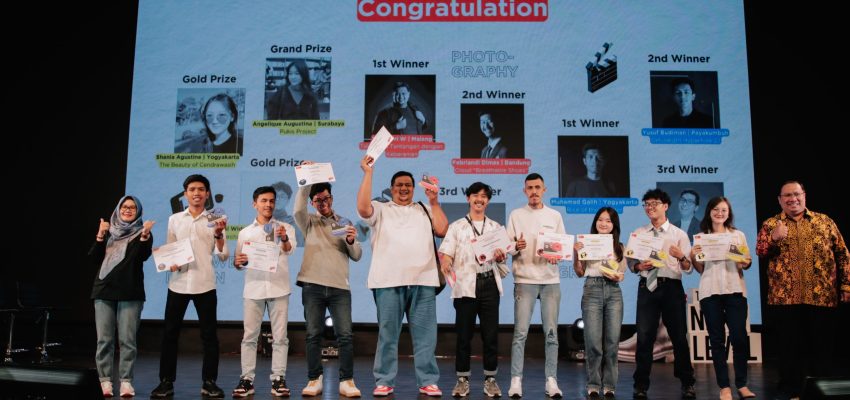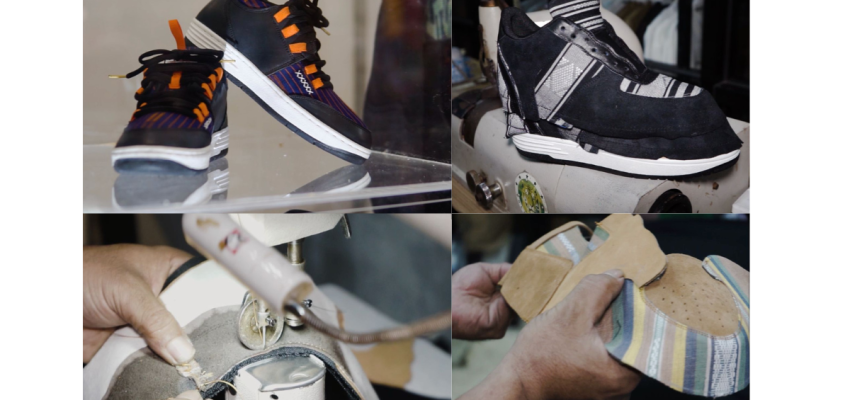Saat ini fenomena inovasi pelayanan publik menjadi perhatian penting dalam upaya reformasi birokrasi. Kebutuhan reformasi…

LINK & MATCH – RESEARCH AND DEVELOPMENT OF THE TANNERY INDUSTRY
Alfiyan Darojat
Staff Tata Usaha
The theme of the industrial value chain and sustainable materials in the national footwear industry is getting the attention of many parties. From the market side, consumers' needs and concerns for environmentally friendly products are increasing along with awareness of the use of environmentally friendly materials and products. In 2019, domestic consumption of footwear reached 971 million pairs, and this is the 3rd highest consumption after China and Vietnam. The domestic market potential which is quite large, should be optimized by the domestic industry so that domestic consumption of footwear continues to rise. In addition, Indonesia ranks in the top 3 world exporters of 406 million pairs after China and Vietnam.
From the upstream side, the value chain of the footwear industry, leather tanning industry is a strategic upstream sector to strengthen the downstream potential of the national footwear industry. Currently (2019), the leather tanning industry is running with a total capacity of 28 thousand tons or 116 million sqf. This figure is only 50% of the national leather industry's current installed capacity, which reaches 70 thousand tons or 240 million sqf. The large installed production capacity should be able to meet the domestic needs of the footwear industry, which currently still has to import up to 60% of materials, especially leather.
he data above shows that the value chain of the footwear industry is not strong enough to support each other between upstream and downstream. Of the many challenges in strengthening the value chain of the footwear industry, the Indonesian Footwear Industry Development Center (BPIPI) saw an interesting theme, namely how to strengthen the role of the upstream (leather) industry to conduct link & match processes, especially the theme of leather research and development with academia - industry. - government.
The theme of research and development in the leather industry needs to be continuously stimulated by various parties. The downstream industry's need for advanced and environmentally friendly leather materials will answer the needs of the footwear industry, whose product demands are increasingly dynamic. The leather tanning industry needs to carry research and development of advanced leather with academia. The potential of domestic researchers on advanced materials (especially leather) needs to be encouraged to answer market needs. Moreover, currently several complaints from the footwear industry on domestic leather that still contain chromium (IV) exceed the threshold for export requirements and domestic industry needs.
The existence of a link & match between industry and education will reduce the burden on industry to conduct independent research and development where the investment is not cheap. On the other hand, the world of education requires research objects that are more real and have a direct impact on the industry, so there is a need for more open and intensive communication with the aim of unlocking all research and research potential in the leather tanning industry.
All parties should utilize the above momentum by conducting joint research collaborations. Researchers and industry practitioners will represent academics by presenting research potential on leather materials and their supports so that the leather tanning industry can utilize them. It is also an opportunity to collaborate in research on advanced and environmentally friendly leather materials.
The leather industry will be represented by associations and entrepreneurs who work in the leather tanning industry who will present opportunities, challenges and problems of research and development of leather materials in the future. With the large investment in research and development, the leather tanning industry hopes that a link & match with academia can accelerate innovation and development of advanced and environmentally friendly leather materials.
BPIPI as a public service organization will continue to convey the importance of research on the development of leather tanning materials that can reduce the impact of waste on the environment (chrome -6) and use water more efficiently for a better industrial future and benefit both leather industry practitioners, footwear and tanneries, academics, researchers, students and the general public.




This Post Has 0 Comments